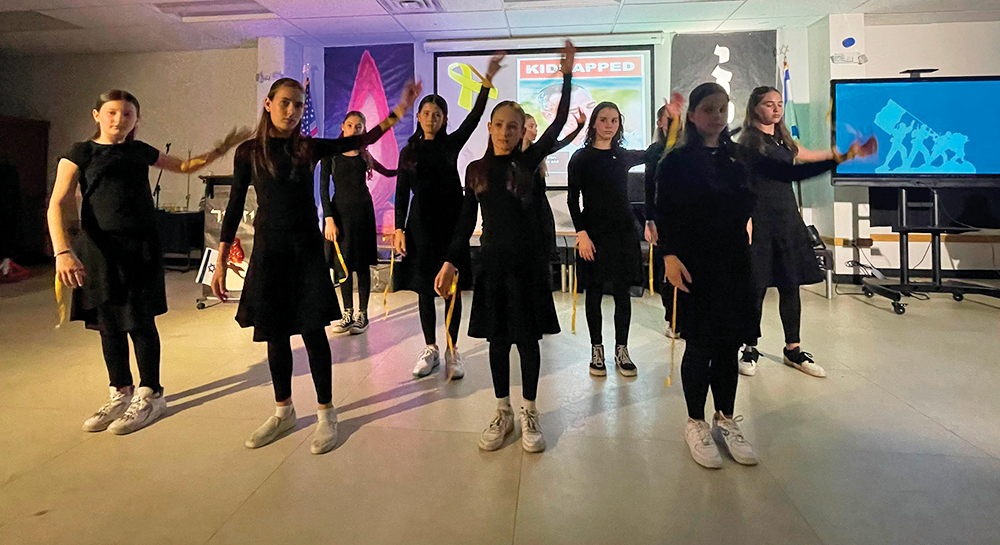Dr. Jonathan Halpert’s newly released book, Are You Still Coaching?, has recently taken on a new meaning since his 42 years of service coaching the Maccabees basketball team at Yeshiva University came to an abrupt end on February 14. YU announced that Halpert’s service was concluded as of February 22.
YU gave no explanations in its press release though it lauded Halpert’s contributions: twice named coach of the year in the NCAA’s Skyline Conference; received the National Association of Basketball Coaches “Guardian’s of the Game” honor in 2003-4; bestowed with the “Good Guy” award by the Metropolitan Basketball Writers Association; achieving 400 victories and having the distinction of being the longest serving men’s basketball coach in New York City history.
Little insight was added in a letter written by Halpert who said, “Just want to inform you that President Joel has notified me that my contract to coach the YU basketball team will not be renewed for the 2014-2015 season; the corporate way of telling me that I have been fired,” also with no explanation given. Though many have speculated over the reasons, Halpert said he had no intention of engaging in that sport.
However, Halpert has never been one to let disappointment or losses stand in his way but looks at them as opportunities to learn and improve. In an interview with JLBC last month, Halpert spoke of his decision in 1972 to coach at YU. He got a call from his own former college coach, Bernard “Red” Saracheck, “[who] was like the rebbe of college basketball,” said Halpert. He had a choice of coaching the championship high school MTA team or a college team that had 10 consecutive losing seasons and only seven wins among the 50 losses in the past three years. “I chose the challenge.”
The challenge included finding basketball courts to practice and coaching dedicated students who could only devote at most eight hours a week to practice. “From ’72 to ’84 we had losing records.” Aside from the limited practice time, Halpert said the level of competition jumped due to open admissions. “I was fortunate that Yeshiva was very supportive of me and the kids were very supportive of me. In 1972 I thought I was a genius (coaching championship teams), but by 1975,” with just nine players on the team, “I realized I was a dummy.” Yet Halpert called it “The great decade…If you want to learn how to win, you have to learn how to lose.”
Through those years, Halpert said he admired the dedication of the students who along with him took pride in the opportunity to represent the Jewish people. “When we came onto the court, we were the Jewish school, we were the Jewish players, and we were the Jewish team.”
In light of this, Halpert said there were many Jewish values which he instilled into coaching: “honesty, integrity, character, the willingness to sacrifice, team building, a healthy respect for others,” and in paraphrasing, “he who needs to score will never have enough shots…I don’t try to preach, I just try to integrate.”
Through this, Halpert’s players have said they’ve received much from him, as a coach, as a mentor, and as a leader. Yet Halpert feels he’s gotten much more from them. “Every year, I’m 21 years old again. A 69-year-old guy goes into the gym at 7:45 p.m. and hangs around with guys who are 21. Where can you beat that? It’s the greatest thing in the world.”
Coaching has given Halpert a chance to help kids pursue their dreams and through that, he said he’s pursued his own dreams, learning, facing obstacles, and losses. But never has Halpert failed. “If the challenge is worthy, then you don’t allow a setback to stop you from pursuing it.”
By Anne Phyllis Pinzow













